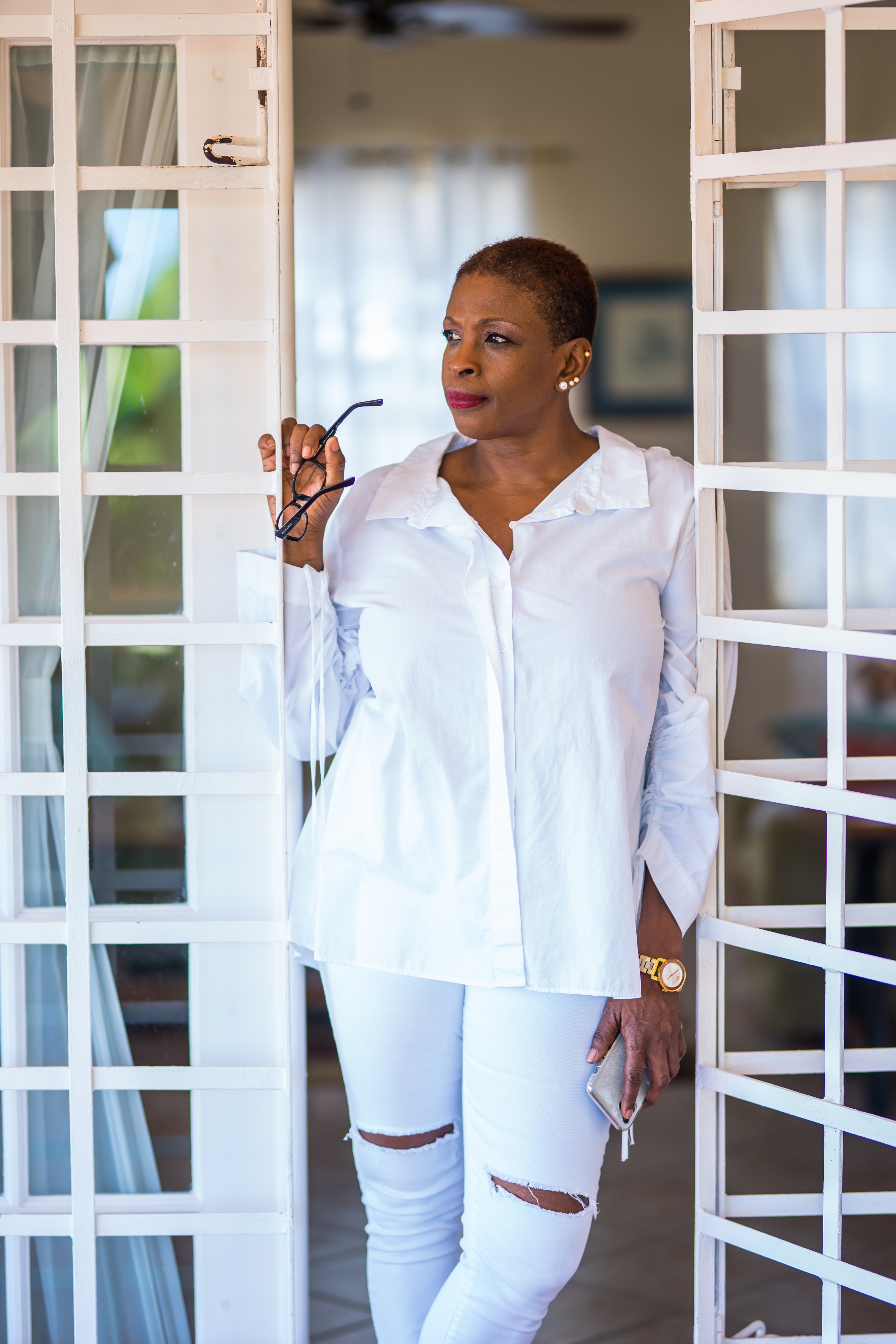We’ve talked about the black thing; we now need to talk about every other thing. The pandora box of things has opened, and there is no shutting it back. Most of us have read or watched the latest celebrity entanglement. And yes, while we all are entitled to our opinions, it was a bit disheartening to see how our Caribbean women responded to this issue. The name-calling, blaming, and shaming of the female “entangle-ee” is downright hypocritical. If all the women in the Caribbean who’ve ever had an entanglement were to turn green, we would have a sea of green women. So, please get off your soapbox and have an open mind here. Nothing is ever black or white, and I can assure you that there are more than fifty shades of grey to every situation and for those of you who may be religiously inclined “he who is without sin….”
The thing is, most of us at one point or the other have been in an entanglement, and if we are honest, a lot of us still are. To me, we must examine our current situation before we cast aspersions on the situation of others. I watched a short video by Iyanla Vanzant on the difference between a relationship and an entanglement. I’m going to break it down for you, and then you decide for yourself if you are in an entanglement or a relationship. She explained that in a healthy relationship, there is an interdependent connection between two or more people. This connection is mutually agreeable and beneficial to all parties and is grounded on a set of principles or boundaries. In this type of relationship, basic human needs are met and advanced. This is not about food, clothing, or shelter; it’s about love, honesty, support, respect, safety, and loyalty. Ms. Vanzant noted that for an intimate relationship to be healthy, it needs some additional ingredients to the basic tenets of a relationship. It requires commitment, intimacy, respect, accountability, compassion, forgiveness, shared interest, and compatibility. In a healthy relationship, both people are free to be themselves; they do not need the other person to complete them, but rather to complement them. They are both self-awake and self-aware. Love and harmony exist within their space.
Now let’s break down entanglement. For starters, an entanglement is a co-dependency. This type of connection is not built on any explicit agreement, the principles, or boundaries to support the relationship are non-existent. In an entanglement, there is repeated violation of love, loyalty, respect, and safety. In an entanglement situation, you seem to have no voice, your needs are never quite fully met, and that leaves you angry, and resentful. The thing with entanglements is that one party feels emotionally helpless and expects their partner to take care of them because they feel incapable. One person feels abandoned, rejected, and lonely within the relationship; feelings of inferiority or inadequacy are always present. Being in an entanglement is like having an addiction, an addiction to the same pattern of toxic behaviours that create the issues in the relationship in the first place. An entanglement is a dysfunctional, painful, inharmonious interaction that either party feels they need to survive. An entanglement sucks the very life out of you.
More often than not, we move from relationship to relationship without giving ourselves time to heal. We go into relationships with issues dating all the way back to our childhood and somehow expect our partner to miraculously fix what is wrong. As I listened to Iyanla and reflected on my life, I realized that many of what I thought were relationships in my life were entanglements. Until we find the courage to heal from our past, the destructive pattern keeps repeating itself. My advice to you is to identify what your issues are – this requires soul truth and deep introspection. Once you’ve done that, figure out what it is going to take to heal – maybe you might need counselling. Whatever it is, take the steps and time necessary to heal. It is essential that you set boundaries, know the things you will not accept and communicate your boundaries to others. If people do not know your boundaries exist, they will always be violated. When we trust ourselves, our judgment, and what we believe. When we respect and honour ourselves in all we do, when we commit to being our best selves, then and only then can we commit fully to a relationship with another person to the fullest extent of our being.


